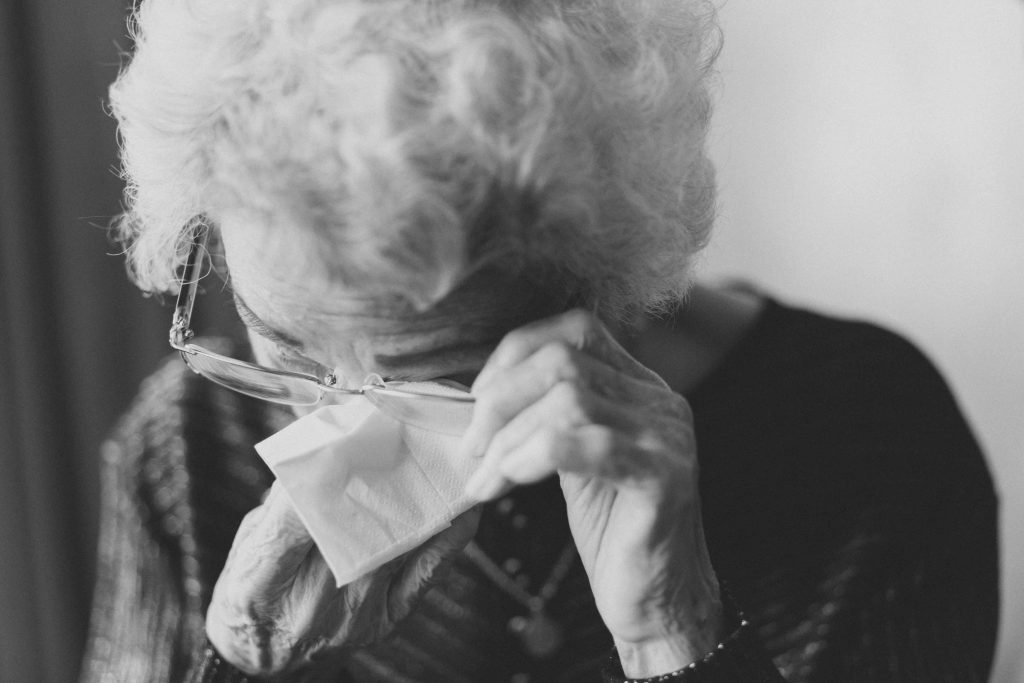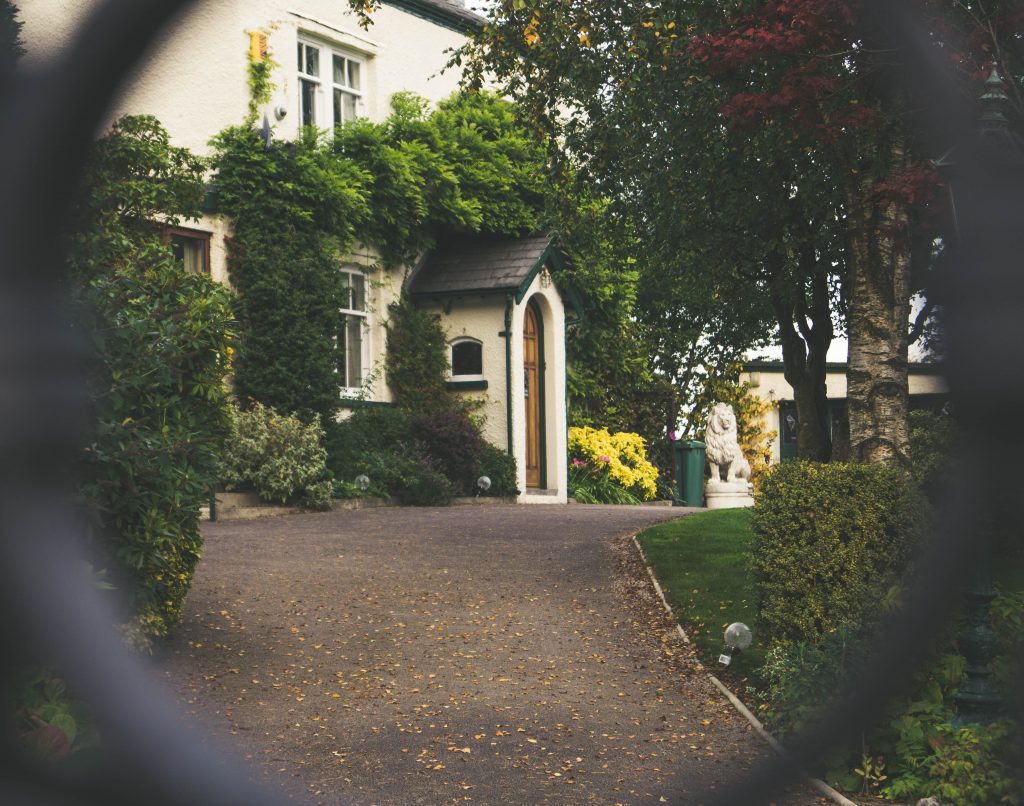Getting Help
Government Advice on Reacting to Elderly Financial Abuse The Administration on Aging (AOA) has released a list of tips to help professionals, caregivers, and family member respond to elderly financial abuse. While it can be hard to recognize, once it is realized, it is important to take action to make it stop immediately. Those who …


